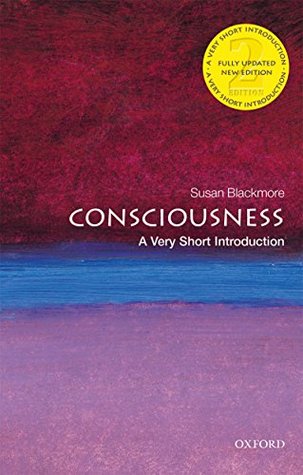More on this book
Kindle Notes & Highlights
How can a physical brain, made purely of material substances and nothing else, give rise to conscious experiences or ineffable qualia? This problem is called the ‘hard problem’ of consciousness, a phrase coined in 1994 by the Australian philosopher David Chalmers.
Psychologist Stephen Pinker agrees: we may be able to understand most of the detail of how the mind works, yet consciousness itself may remain forever beyond our reach.
It is no good learning about perception, memory, intelligence, or problem-solving as purely physical processes and then claiming to have explained consciousness. If you are really talking about consciousness, then you must deal with subjectivity. Either you must actually solve the hard problem and explain how subjectivity arises from the material world or, if you claim that consciousness is an illusion or even that it does not exist at all, you must explain why it appears so strongly to exist.
Is consciousness an extra ingredient added to our ability to perceive, think, and feel, or is it inseparable from being able to perceive, think and feel? To put it another way, are qualia or subjective experiences something in addition to being a living, thinking, feeling creature?
On the other hand, consciousness might be intrinsic to complex biological processes and inseparable from them.
All this leads to the awkward notion that perhaps consciousness does nothing, and other oddities point the same way. For example, think about people catching cricket balls, playing table tennis, or interrupting fast-flowing conversations. These quick actions may seem to be done consciously, but is it the consciousness itself that makes them happen? In fact, as we shall see, such actions happen too fast.
Could consciousness, then, be completely powerless? One version of this idea is epiphenomenalism—the idea that consciousness is a useless by-product or epiphenomenon.
The bottom line for this kind of theory is that we are deluded; we feel as though our consciousness is a power or added ability and so we believe it is, but we are wrong. If this theory needs a name, we might call it ‘delusionism’.
These suggest that sensations and thoughts are conscious only if the person also has a HOT to the effect that they are conscious of them.
GWTs have been popular and influential, but there are two dramatically different ways of interpreting them. In one version, items ‘become conscious’ by virtue of being broadcast. In other words something changes and a previously unconscious item becomes a subjective experience. The alternative is that nothing changes and the broadcast is all there is. This is what Dennett means by ‘cerebral celebrity’ or ‘fame in the brain’. There is nothing more to being famous than being widely known; likewise there is nothing more to being conscious than being widely available to further thought or action.


